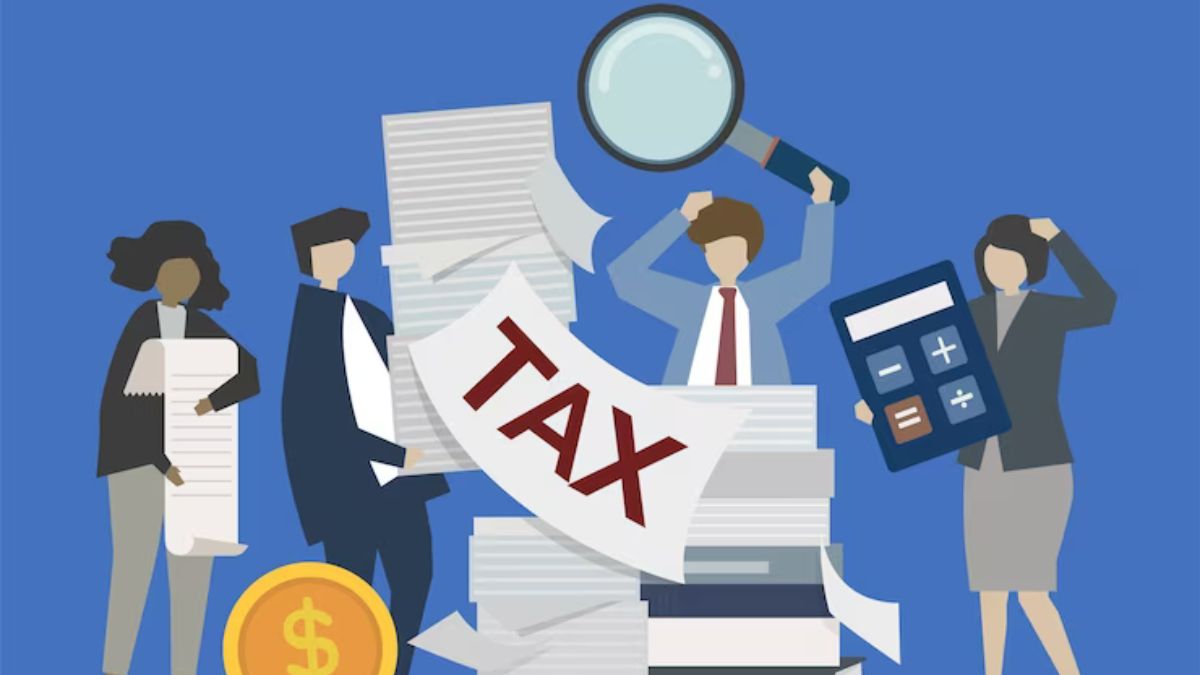Under the UAE Corporate Tax Law, corporate tax is payable by all taxable persons in the UAE. The law further categorizes taxable persons as either Resident or Non-Resident persons. For detail consult experts like Farahat and co.
A Resident person under the UAE Corporate Tax Law is defined as follows:
- A Juridical person established under the applicable legislation in the UAE, including the Free Zones
- A Juridical person established under the applicable law of a foreign jurisdiction that is adequately controlled in the UAE
- A Natural person carrying out business in the UAE
A Non-Resident person under the UAE Corporate Tax Law is any person who is not considered a resident person as defined by the law and who;
- Has a permanent establishment in the UAE
- Derives state-sourced Income
- Has a nexus in the UAE.
Non-Resident Person Taxable Income
A non-Resident Person is subject to corporate tax in the UAE as follows:
- Taxable Income that is obtained from the permanent establishment of the Non-Resident Person in the UAE
- Taxable Income from the nexus of the Non-Resident Person.
Taxable Income accruing from the permanent establishment of the Non-Resident Person in the UAE
Under the UAE Corporate Tax Law, income from the permanent establishment of a Non-Resident person is subject to tax in the UAE. A Non-Resident is considered to have a permanent establishment in the UAE if:
- The person has in the UAE a permanent place where their business activities or a part is being carried out
- The person has a place in the UAE from where he exercises authority to carry on business activities or on behalf of Non-Resident Persons.
A fixed or permanent place under the UAE Corporate Tax Law indicates a physical location in the UAE, irrespective of the size or location. Permanent Establishment under the Corporate Tax Law includes an office, a factory, a workshop, land, or a building. The Corporate Tax Law also regards any structure or installation used for exploiting renewable or non-renewable natural resources, such as a mine and a quarry, as a permanent or fixed place. Furthermore, a place that lasted more than six (6) months, such as a building construction or an assembly place, also falls under the definition of permanent establishment for the purpose of the law.
A Non-Resident Person would not be considered to have a permanent establishment in the UAE in the following circumstances:
- If the place is for the storage, display, or for delivery of the person’s goods
- If the activities performed in the place are preparation or mere support of the main business activity of the foreign company and the activities undertaken in the place do not form a major part of the main business.
- If the place is to keep stocks of goods owned by the person for processing by another person
- It is used as an information collection place for a Non- Resident Person.
State Sourced Income derived from Non-Resident Persons in the UAE
The UAE Corporate Tax Law defines State Sourced Income as Income accruing in or derived from the UAE.
Under the UAE Corporate Tax Law, the following incomes are classified as State Sourced incomes.
- Income obtained from a resident person in the UAE
- Income obtained from a Non-Resident Person in connection with, and attributable to, the Non-Resident Permanent Establishment in the UAE.
- Income accrued in or derived from activities carried out, assets domiciled, capital, rights, or services performed or benefitted in the UAE.
Under the UAE Tax Law, persons receiving State source income but not residents in the UAE are considered non-resident taxable persons. Such Non-residents are taxed on their State Sourced Income which has been received or paid, or obtained in relation to and linked to the Non-Resident Permanent Establishment in the UAE or incomes which accrue from activities undertaken in the UAE.
The UAE Corporate Tax Law provides that any income derived from a resident person by a non-resident person in the UAE is a State Sourced Income. However, suppose the Income derived from a resident person is an expenditure of a business undertaken by the resident person out of the UAE through a foreign Permanent establishment; In that case, such an income is not considered a state-sourced income under the Corporate Tax Law.
Furthermore, any amount obtained by a Non-Resident person from another Non–Resident person attributable to the business activity carried out by that other Non-Resident Person through a Permanent Establishment in the UAE is also classified as a State Source Income. Under the UAE Corporate Tax Law, the Income of a Non-resident undertaken in the UAE by such a Non-Resident person from the following activities is considered State Sourced Income and subject to Corporate Tax.
- Income from sales of goods
- Income from movable and immovable property
- Income from contracts, whether wholly or partly perfected in the UAE
- Income from the sale of a resident shares or capital
- Income from the right of use of intellectual property
- Interest income paid by a resident person or Government Entity in the UAE.
- Insurance income of a resident person or insured assets or activities in the UAE.
For more information on your corporate Tax liability as a UAE non-resident, CALL US NOW.
READ ALSO: Corporate tax penalty for failure to submit the data, records, and documents in Arabic











